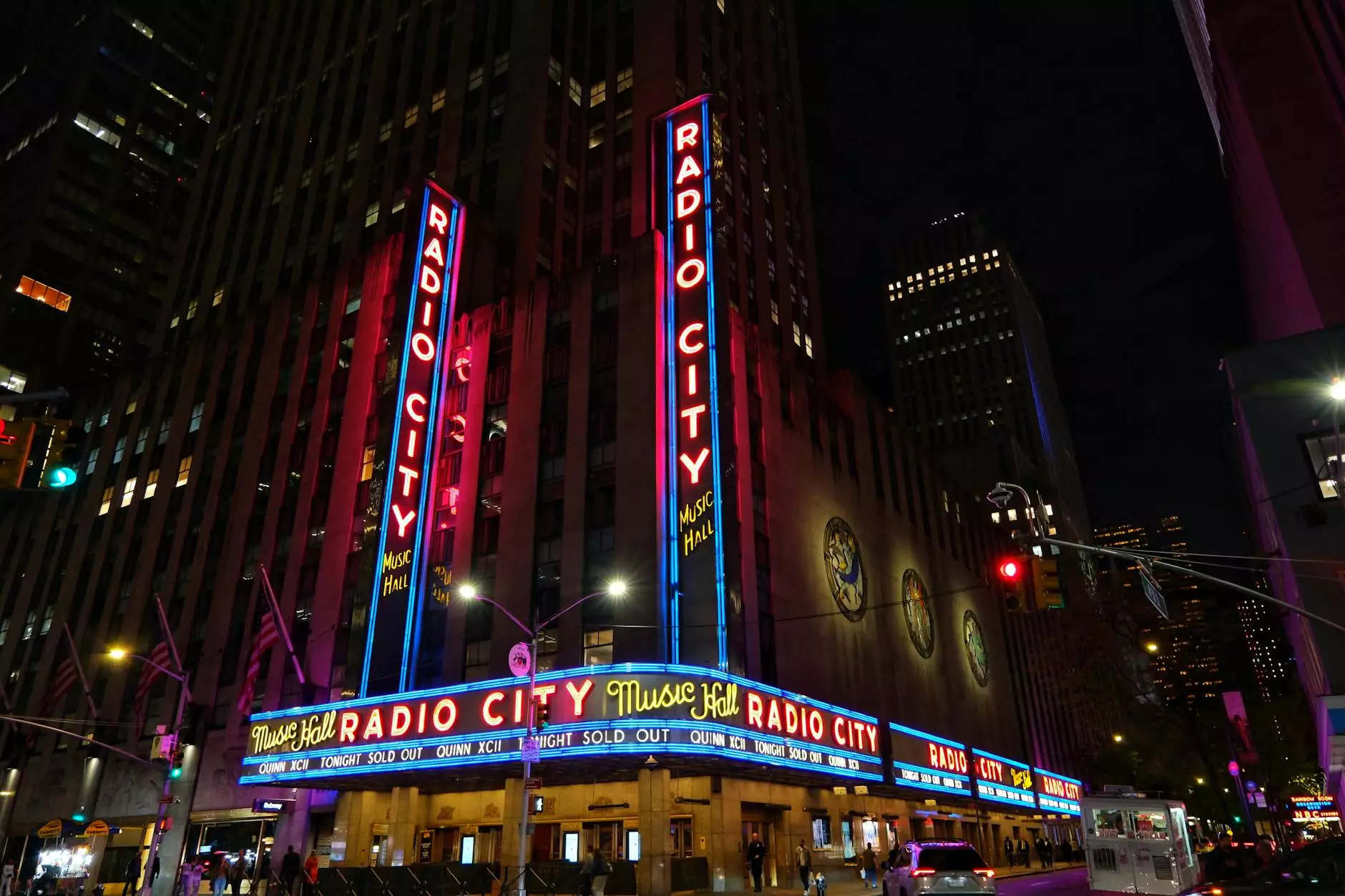Embracing Community: Understanding the Essence of Synagogues, Religious Organizations, and Churches

The fabric of society is woven with threads of faith, community, and shared beliefs. Among the most influential structures shaping this fabric are synagogues, churches, and religious organizations. They hold cultural significance, provide spiritual sustenance, and offer a sense of belonging to countless individuals around the globe, including those found at https://zion.nyc/. This article delves deep into the importance of these establishments and how they impact the lives of many.
The Role of Synagogues in Jewish Life
Synagogues serve as more than just places of worship for Jewish communities; they are vital centers for education, celebration, and community service. Here are some key functions of synagogues:
- Worship: Synagogues provide a sacred space for congregational prayer, particularly on Shabbat and Jewish holidays. Services often include readings from the Torah, singing, and communal prayer.
- Education: Many synagogues offer educational programs for all ages, including Hebrew school for children, adult education classes, and study groups focused on Jewish texts and traditions.
- Community Events: Synagogues are bustling centers of activity, hosting events like holiday celebrations, social gatherings, and charity drives. They promote community bonding and engagement.
- Support Services: Many synagogues provide essential support services, such as food banks, counseling, and outreach programs that help those in need within their communities.
Understanding Religious Organizations
Religious organizations encompass a broad spectrum of groups dedicated to spiritual beliefs and practices. They may include everything from large denominational churches to smaller, independent congregations. Their impact on society is vast and multifaceted:
- Services: Many religious organizations offer not only worship services but also support groups, Bible studies, and community outreach programs that cater to local needs.
- Advocacy: These groups often engage in social justice initiatives, advocating for marginalized communities, environmental stewardship, and ethical practices in society.
- Global Mission: Many religious organizations engage in missionary work, aiming to spread their values and beliefs while also providing humanitarian aid worldwide.
- Community Building: Religious organizations foster community spirit and unity, providing a network of support and connection among their members.
The Significance of Churches in Modern Society
Churches stand as pillars of many communities, offering a space for worship and connection among believers. The significance of churches can be illustrated through the following points:
- Spiritual Guidance: Churches provide spiritual leadership and guidance through sermons, counseling, and prayer services.
- Cultural Heritage: Many churches preserve and promote their cultural heritage through music, art, and community events that celebrate shared history.
- Charitable Work: Churches often run food banks, homeless shelters, and offer a variety of social services that benefit the wider community.
- Interfaith Relations: Many churches promote interfaith dialogue and understanding, bridging gaps between different religious groups and fostering peace.
The Community Impact of Religious Institutions
The positive impact of religious institutions, including synagogues, churches, and religious organizations, cannot be overstated. They play a crucial role in societal development. Here are several key impacts:
1. Building Social Capital
Religious institutions are instrumental in building social capital. They cultivate networks of relationships based on shared values and community involvement. This social capital is vital for creating resilient communities that support each other in times of need, whether through social initiatives or just companionship.
2. Promoting Volunteerism
Many religious organizations encourage their members to engage in volunteer efforts. This not only serves the community but also fosters a spirit of altruism and service among individuals. Volunteering strengthens personal connections within the community and develops leadership skills in participants.
3. Addressing Social Issues
Religious organizations often take a stand on social issues, addressing problems such as poverty, injustice, and discrimination. Their advocacy and outreach programs can lead to significant change. They are often seen as moral compasses in society, guiding discussions on ethical practices and social behavior.
Challenges Faced by Religious Institutions
Despite their numerous benefits, synagogues, churches, and religious organizations also face challenges in modern society:
- Declining Membership: Many traditional religious institutions are witnessing a decline in membership, particularly among younger generations, who may feel disconnected from structured religion.
- Changing Values: Rapid cultural changes can lead to shifts in values that may conflict with established religious teachings, creating tension within communities.
- Financial Stability: Many religious organizations rely on donations, and economic downturns can severely impact their operations and outreach capabilities.
- Intergenerational Communication: Bridging gaps between different generations within religious communities can prove challenging, as varying perspectives on faith and practices emerge.
Future of Synagogues, Churches, and Religious Organizations
Looking ahead, synagogues, churches, and religious organizations must adapt to the changing landscape of society:
Embracing Technology
As technology becomes increasingly integrated into everyday life, religious organizations are leveraging digital platforms to reach wider audiences. Virtual worship services, social media outreach, and online educational programs can play a significant role in maintaining connections and growing communities.
Fostering Inclusivity
To appeal to a broader audience, many organizations are emphasizing inclusivity. Establishing safe spaces for dialogue and encouraging diverse representations within congregations can help foster a welcoming environment. Inclusivity strengthens communities and enriches shared experiences.
Community Partnerships
Collaboration with various organizations, including schools, charities, and local businesses, can enhance outreach efforts. Partnerships can create a more robust support network for community initiatives and provide additional resources for those in need.
Conclusion
In summary, synagogues, churches, and religious organizations play a pivotal role in our society. They contribute to personal and communal development, foster social bonds, and advocate for social justice. As we navigate a rapidly changing world, these institutions must evolve to continue serving their communities effectively.
Understanding the significance of these establishments enables us to appreciate their unique contributions to the rich tapestry of human experience. Embracing their roles can lead to a more connected and compassionate world.
For anyone seeking to explore more about how religious organizations, synagogues, and churches impact communities, visiting platforms like https://zion.nyc/ can provide valuable insights.









